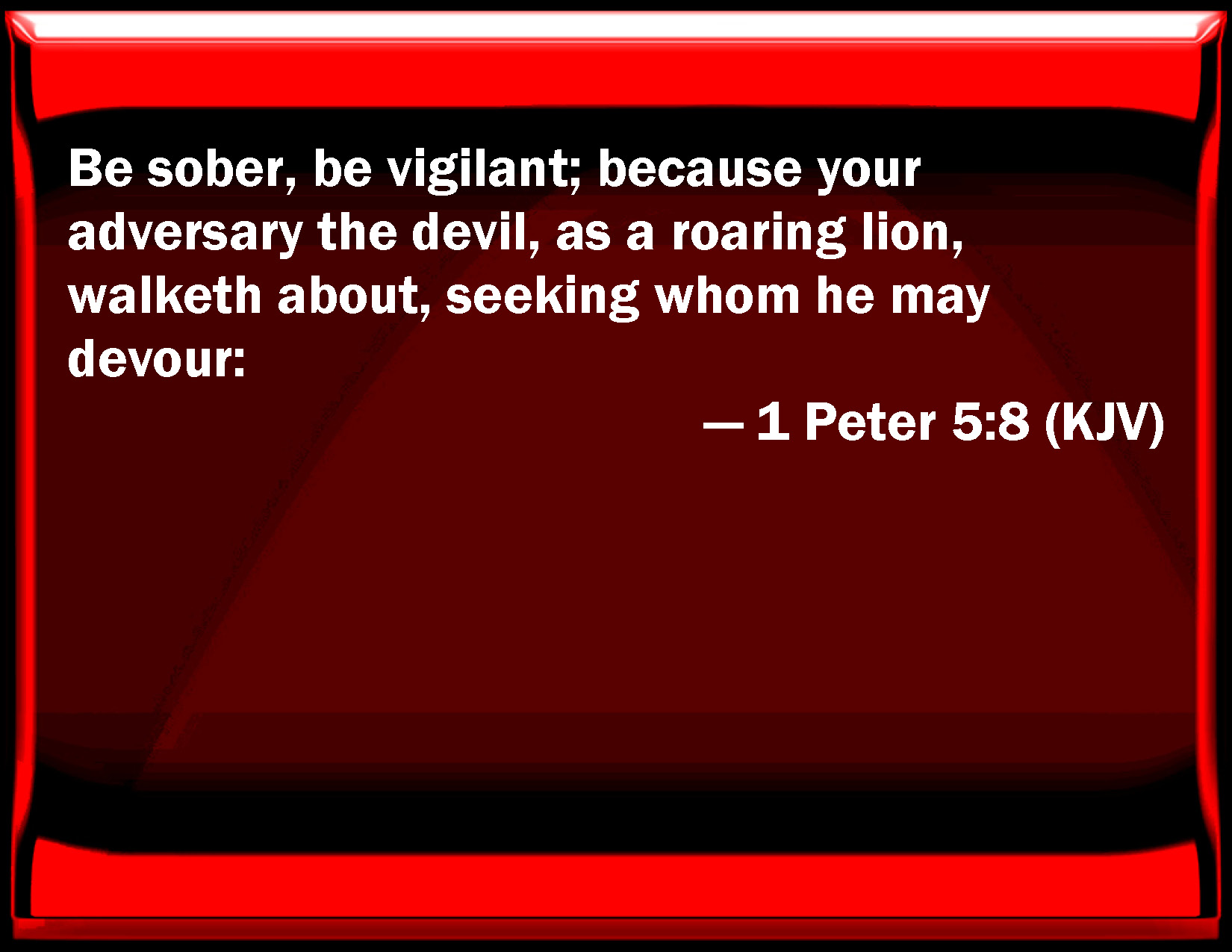

There’d be some light, at least, when the sun finally set. Someone had lined the ditch with tiki torches bought from the local party store and lit them. Men and women sat in the back of pick-up trucks, or on top of cars, shotguns and rifles on their shoulders or across their knees. Ackerman looked towards the road, where the others were parked. He would need to take a piss soon, and he didn’t relish the thought of trying to do that and keep one eye on the corn. It was making him antsy, and his bladder was just on the cusp of being too full. He was already regretting that third cup of coffee. He looked away, trying to still his nerves. Which, given where they were, and the circumstances, seemed about right to Ackerman. Like Hell’s pilot light, as his daddy had been wont to say. The sky was a riot of purples and reds and the corn was a mass of yellow and orange–to Ackerman it resembled nothing so much as a tongue of flame stretched and flattened out across all of the world. Anything to mask the sounds the corn made in the wind. Right now it sounded tinny and disconcerting, and Ackerman wanted to shout for McGill to cut it off.

Something olden and golden, that might have come on at the touch of the Fonz’s fist on the top of the jukebox, once upon a time. He could hear the sound of the radio McGill had insisted on bringing as it spat sound into the gathering dusk, though he couldn’t make out the song. There were men on them as well - Graham and McGill on the one, and Scott and Rutledge on another. From this distance, the machines looked to Ackerman like boats bobbing in a sea of gold and red. He and Tillman weren’t the only ones who had drawn black straws. Two other combines sat in the field besides theirs. That was how it had always been, and how it always would be, until some damn fool got wise and decided to turn this cornfield into a parking lot. It was that time of year and everyone had to put their hand in to get the harvest in on time. He’d been tempted to throw it back in Agatha McCaskey’s face, when she’d called out his name at the town meeting, but only for a moment. The town shared it, and they shared the harvest, and everything that went with it when it came time.Īckerman still had the straw he’d drawn, the bottom of it stained black with ink, when the time had come to see who was going out into the field. It was big and had never needed to be left fallow for long. No one was really certain who owned it, but more than one person worked it. It extended some length of the road, stalks bending low over the ditch like yellow fingers eternally reaching for something just out of sight. The field rose up out of nothing, a splash of pale color running through the gullet of the black forest that surrounded it. Akerman followed his gaze, though he wanted to look anywhere other than at the corn. Tillman grunted, knuckled one eye like a sleepy infant and looked away, out over the field. Tillman looked down at Ackerman from his perch. “That ain’t helping.” Of course the Wolf was in the corn. Tillman wasn’t exactly a Biblical scholar. That was from the first book of Peter, Akerman knew. “He’s running up and down the rows, seeking whom he may devour.” Tillman, sitting on top of the combine harvester’s cupola, said, “The Wolf is in the corn.” Akerman looked up at him. There was a bit of winter in every South Carolina autumn–a reminder of things to come, once the harvest season was done.

It was getting along about dusk when the wind set the corn stalks to waving, and Akerman, getting nervous now, checked his rifle for the third time in as many minutes. Art by Robert Sankner – – click to enlarge


 0 kommentar(er)
0 kommentar(er)
